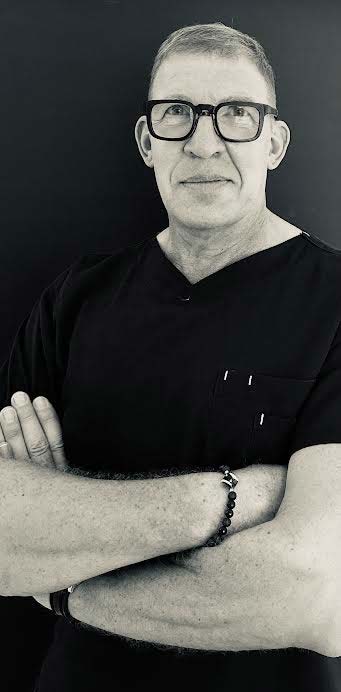Numerous scientific studies have demonstrated the restorative, vitalizing and rejuvenating effectiveness of LED (Light Emitting Diode) photomodulation, often referred to as Dynamic Phototherapy (DTP®).
LEDs trigger biochemical reactions within cells that stimulate collagen production in skin tissue. This production of collagen is essential for maintaining the skin’s structural integrity.
LEDs trigger biochemical reactions within cells that activate the production of collagen in skin tissue. This production of collagen is essential to the skin’s structure.
The use of LEDs in aesthetic medicine began in 2004 and is derived from other light therapy techniques that have existed for almost 50 years. As a result, this technique has a long track record, which means that it is unlikely to cause any long-term side effects.
Thanks to their different wavelengths, which determine different colours, LEDs can be used in the following indications and situations:
Aestheticare offers you a unique technology combining a cold laser, visible and invisible LEDs (RGB and Infrared), all coupled with a magnetic field for better penetration, maximum and faster effect (technology MILTA)
Every surgical procedure can involve risks and complications that the patient must accept; your plastic surgeon will make it his duty to reduce the rate of these by choosing the technique best suited to your medical situation. Complications such as haemorrhage, wound or prosthesis infections and poor healing, although relatively rare, can occur with any type of surgery. This document has been drawn up to supplement the information received during the consultations. This text is not exhaustive, and cannot replace a specialist consultation; it may answer certain questions or raise others. Each patient will receive full and detailed information, in line with their own medical status and the procedure of their choice.
For more information, please consider a consultation or visit the website of the official body of the Royal Belgian Society of Plastic Surgery : www.rbsps.org
Your plastic surgeon creating natural beauty

Design with ❤ by Mataora.com